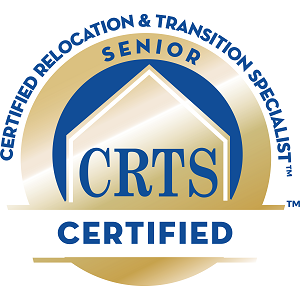Welcome to the August edition of the newsletter for CRTS™ certificants!
What Is a Trust? Definition, Account Types and Benefits
A trust, sometimes called a trust fund or trust account, is a legal arrangement to ensure a person’s assets go to specific beneficiaries. The trust creator puts assets in the trust account and authorizes a trustee to administer those assets for the trust creator or beneficiaries.
Some trusts can reduce estate taxes.
Living Trust: Definition, How Living Trusts Work
A revocable living trust, also called a living trust, revocable trust or inter vivos trust, is a legal document in which you let a trustee manage designated assets for you and your beneficiaries during your lifetime. The trust is changeable and can provide more control than a will.
What Is Probate? How It Works With or Without a Will
Probate is the legal process for distributing the assets and property of someone who died. If the deceased (called the “decedent” in legal settings) left a will, the probate court will validate the document and appoint an executor to distribute the decedent’s property to beneficiaries and pay the estate’s debts or taxes.




